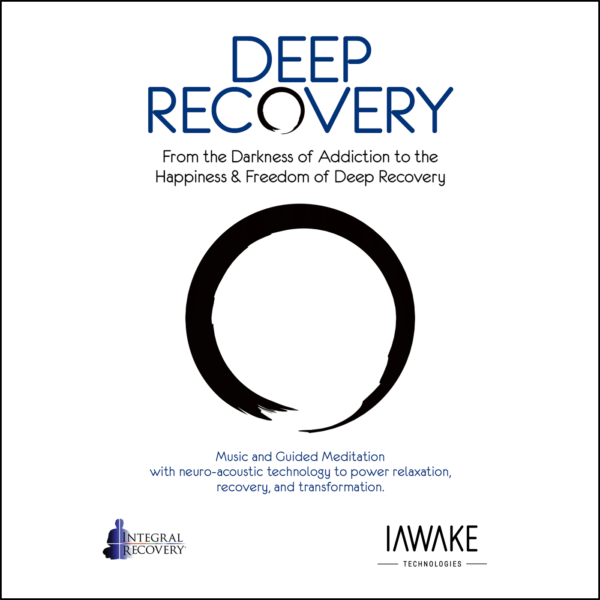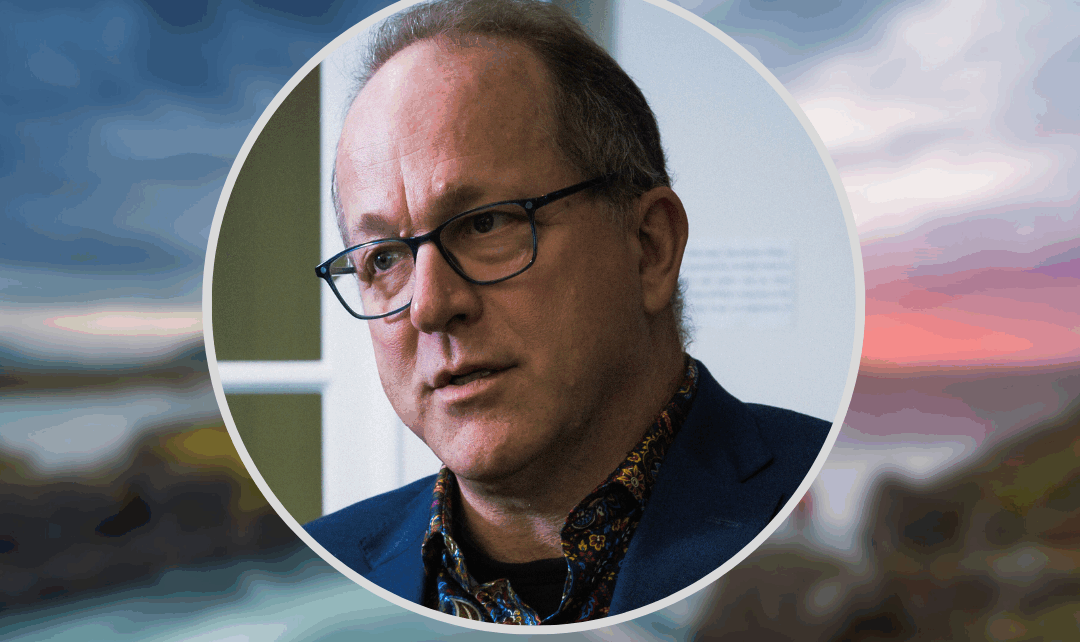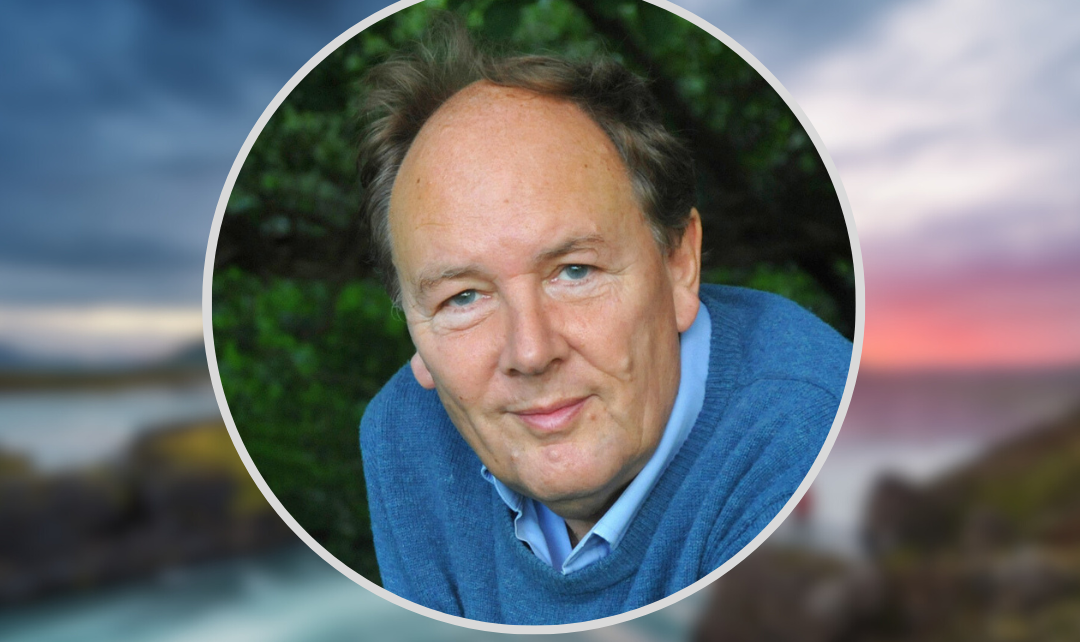Join the author and Integral scholar John Dupuy in a wide-ranging exploration of the principles of intoxication, addiction, and sobriety. The conversation begins with the origins of his landmark book, Integral Recovery, and John’s experience with the traditional 12 step program. How does alcohol, and other substances, work to alter our relationship to the contents of our mind? Are there healthier ways to alter this relationship, like meditation? He then offers a rich rendering of the integral approach, including a thorough look at quadrants, levels, lines, stages, states (we are all state junkies), and shadow work. Why are all these factors important, and how does one engage them all? What is the difference between distress and eustress, and their relationship to translation and transformation?
John elaborates on the use of spiral dynamics as a developmental schema, and the difference between dominator and actualization hierarchies, before talking about alcohol and other substances as devolutionary drivers. How can we use all this information to enhance skillful means for helping others? The discussion then explores the benefits of the Enneagram, as a method to better understand ourselves and others. These are all maps of the prison, and therefore very helpful if we want to make a prison break. The power of projection, enveloped in shadow work, is discussed in depth, including the 3-2-1 process of reintegration that allows us to take ownership of our shadows. Without this inner work, the “beasts in the basement” of our mind will constantly take us down, and back to the bottle.
John shares his rich experience with brain wave entrainment, how it works, how to use it, and why it’s not cheating. The conversation closes with a deep dive into how addiction is a matter of degree, and how we are all addicts, whether we know it or not. Andrew shares his experience of “detox” in extended retreat, and the discovery of his addiction to thought and movement. Can one legitimately reduce conventional addiction, intoxication, and sobriety, to fundamental principles? What does “being sober” really mean? Is enlightenment the ultimate sobriety? John’s ability to join heaven and earth, book smarts with street smarts, makes him uniquely qualified to talk about these complex issues, and then bolt them into practical life. This podcast connects to material discussed in conversations with Ken Wilber, Dustin DiPerna, Roger Walsh, and Judson Brewer.
About John Dupuy
John Dupuy brings a simple message that is as powerful as it is compelling and challenging. That message is: If we are to consciously evolve into the beings that we need to be, and the best versions of ourselves, both collectively and individually, we must adopt and engage in daily, ongoing Integral Practice. John has spent over a decade doing these practices himself, creating powerful tools to facilitate this work (iAwake Technologies), and teaching thousands of people all over the world—both his beloved addicts (Integral Recovery) and those who hunger for a deeper connection to life, reality, and the creative intelligence and skills that make a positive and lasting impact on our people and our planet.
John Dupuy, CEO of iAwake Technologies and award-winning author of Integral Recovery, has developed a passion for the power and efficacy of Integral Practice, enhanced by brainwave entrainment technology, to support individual and collective evolution in deepening spiritual practice and growth, and to facilitate increased flow, creativity, intention, and focus. John also hosts the online series Spiritual Tech Talks 2.0 and co-hosts the popular podcast Journey of Integral Recovery.
Intro to today’s episode.
Why did you write this book?
How did you get into recovery?
Introduction to the integral approach.
The relational dimension of addiction.
What is the integral approach?
How does meditation help with addiction?
Intimacy and absolutism.
What is brainwave therapy and how it works?
Science vs. Religion.
The difference between dominator hierarchies and actualization.
The enneagram and addiction.
Understanding the human condition.
The power of healthy reductionism.
State of consciousness and addiction.
The importance of horizontal and vertical lines in recovery.
The three-to-one shadow working method.
The image of John despairing hopeless.
Projecting out of here and back into body.
The role of prayer and meditation in brainwave meditation.
How many varieties of brainwave entrainment?
How long does it take to feel the difference?
How do you respond to the western critique of meditation?
Integral deep recovery.
What does it mean to be sober?
Giving back and helping other people

From the Darkness of Addiction to the Happiness and Freedom of Deep Recovery
Deep Recovery is a powerful brain entrainment meditation tool that can form an essential part of an ongoing spiritual and healing practice. Deep Recovery consists of two 33-minute tracks of entrainment designed music created by master composer, Leigh Spusta.
John has been kind enough to offer Edge of Mind listeners a free copy of the digital download. Use the coupon code: EDGEOFMIND-DR





